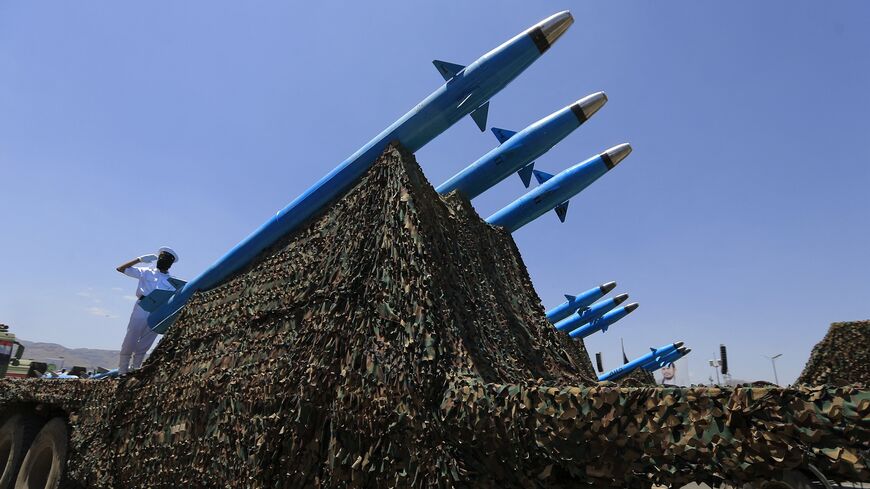“The hands of all parties in the region are on the trigger,” warned Iranian Foreign Minister Hossein Amir-Abdollahian last week, amid reports that Tehran had sent a back-channel message to Washington that an Israeli ground invasion of Gaza represents a redline.
Most observers might immediately think of Hezbollah as Iran’s primary means of responding should the redline be crossed. With an estimated 150,000-missile arsenal in south Lebanon and thousands of battle-hardened commandos, Hezbollah does indeed pose the most immediate threat to Israeli and US interests in the region. Tehran’s ability to project power across the Middle East is, however, much broader.
Like Israel, Saudi Arabia, the United States’ second most important regional ally, also has a militant, Iranian-backed proxy on its southern doorstep. The armed Houthi movement, Ansarallah, seized control of northern Yemen, including Hodeida, the country's largest Red Sea port, in 2014. At that point, Houthi relations with Iran were fairly loose, but over the course of Yemen’s almost decade-long civil war, the two parties' interests became tightly interwoven.
The Houthi leadership, otherwise isolated, became dependent on Tehran as the group’s sole international backer. For Tehran, the Houthis serve as a convenient means to harass Saudi Arabia, their Persian Gulf rival, with Iran providing, among other things, strategic guidance and technical assistance that has allowed the Houthis to dramatically advance their missile and drone capacities. Especially important today is the Houthis' ability to threaten the 10% of global trade that passes through the Red Sea, providing Tehran with leverage to extract costs from the United States and Israel’s other Western backers if it feels the need to raise the stakes.



